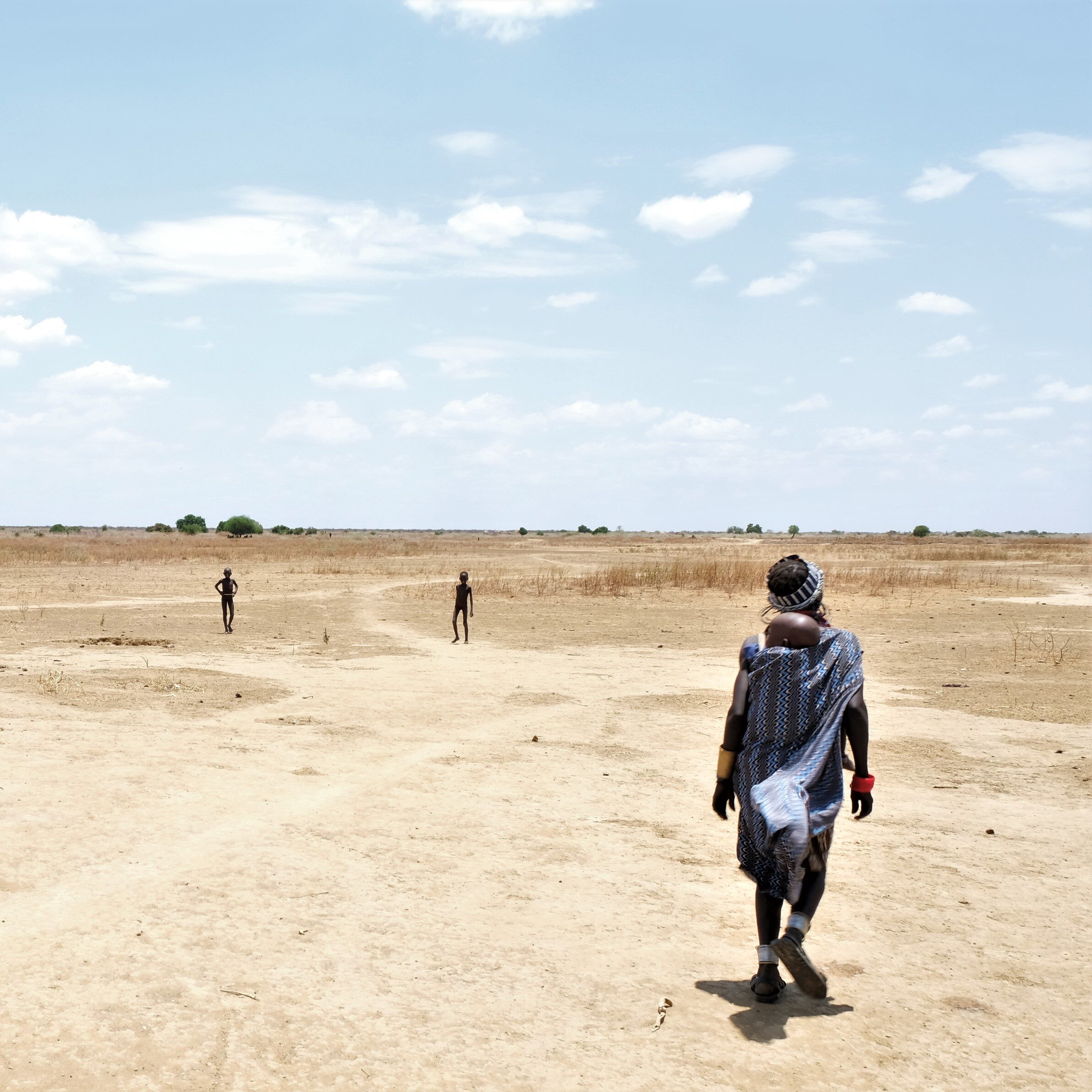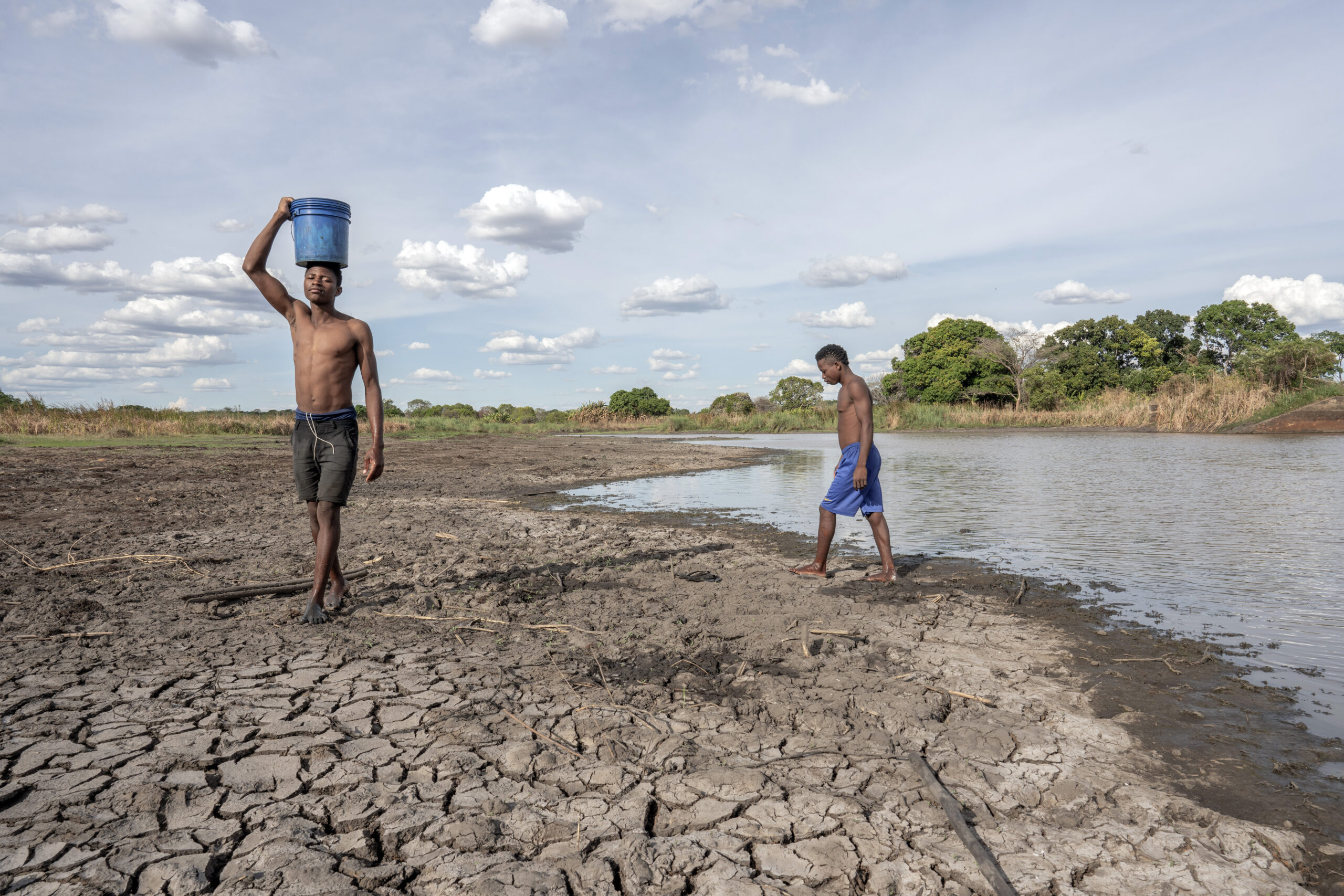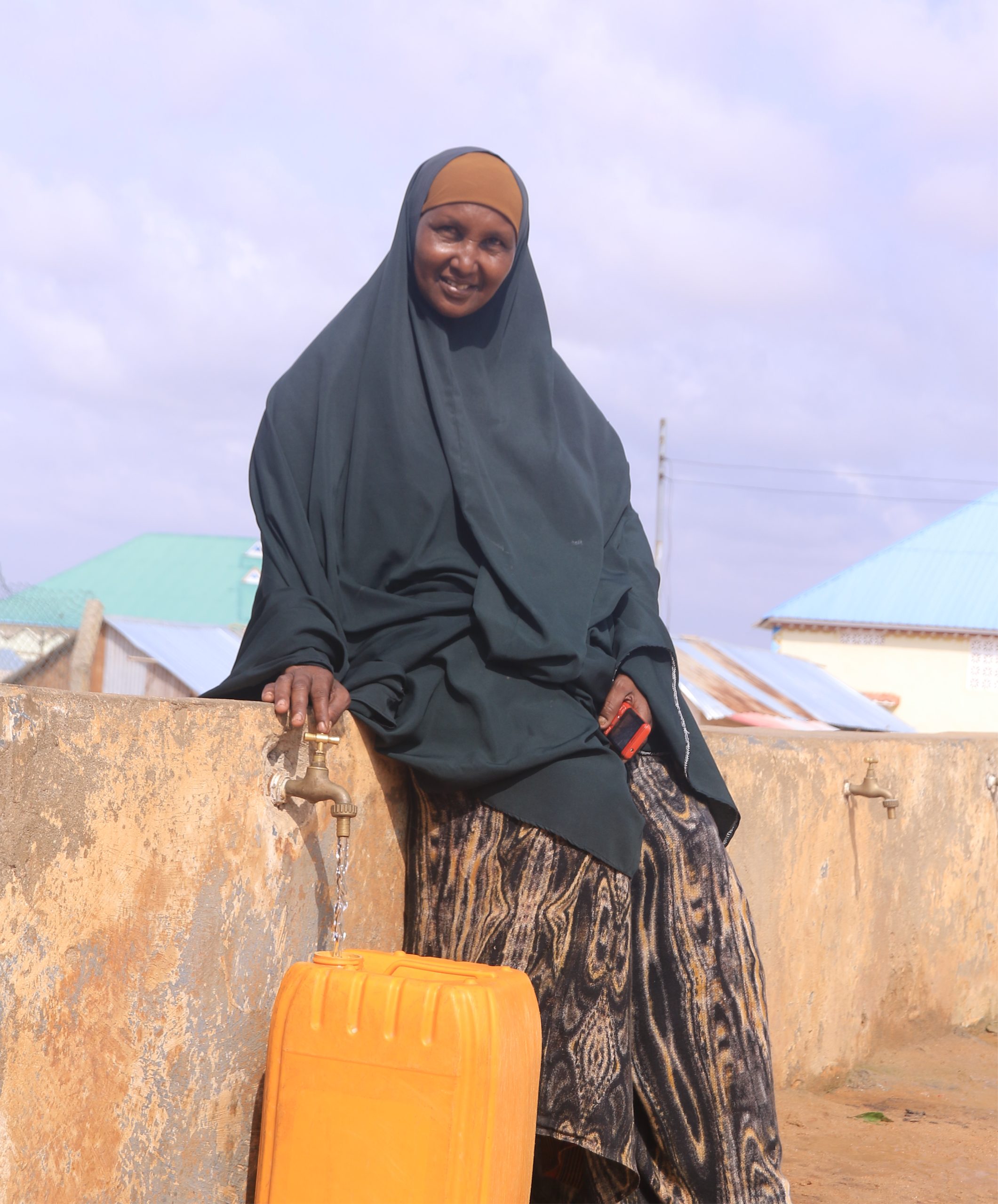Climate change

Our field experience has shown us that the response to climate change massive problems lies with realistic, integrated, holistic, systemic and participatory interventions.
Moreover, mitigation and adaptation interventions must be conceived, implemented and monitored in synergy and coordination by all stakeholders: local governments, civil society, academia and companies. Mono-dimensional or technologically-driven solutions are ineffective while Education and awareness raising are crucial!
AVSI mitigation and adaptations interventions consist in a wide range of integrated activities implemented in different projects from different sectors:
- Access to renewable energy promotion: productive use of energy (PUE), solar minigrid, solar home systems (SHSs) distribution, biodigester for farmers and households, clean cooking.
- Energy efficiency promotion: Improved cook stove distribution and value chain support; domestic energy efficiency (substitution of led bulbs, low consumption domestic appliances), household training.
- Environmental education and awareness raising initiatives targeting children, teachers, local authorities, local CSOs, families, farmers, communities, and private companies.
- Waste management including selected collection and recycling especially in schools but also in urban and rural communities
- Composting production for soil fertilisation benefitting farmers and rural households
- Trees production and reforestation within agribusiness promotion and forest protection intervention
- Trees production and planting in schools, households’ gardens and public spaces within urban areas for land restoration and as awareness raising initiative (e.g. with students)
- Land restoration and biodiversity protection including land recovery for agribusiness, bees’ reproduction promotion and other
- Studies and plans concerning forests degradation and its causes; participatory design of mitigation/adaptation interventions and disasters management plans
- Climate smart agriculture promotion for farmers and households
- Climate resilient infrastructures design, construction and shared management model: housing, schools and hospitals, drainage systems, green infrastructures
- Green and sustainable business promotion
- Carbon credits projects design and implementation
- Circular economy promotion








